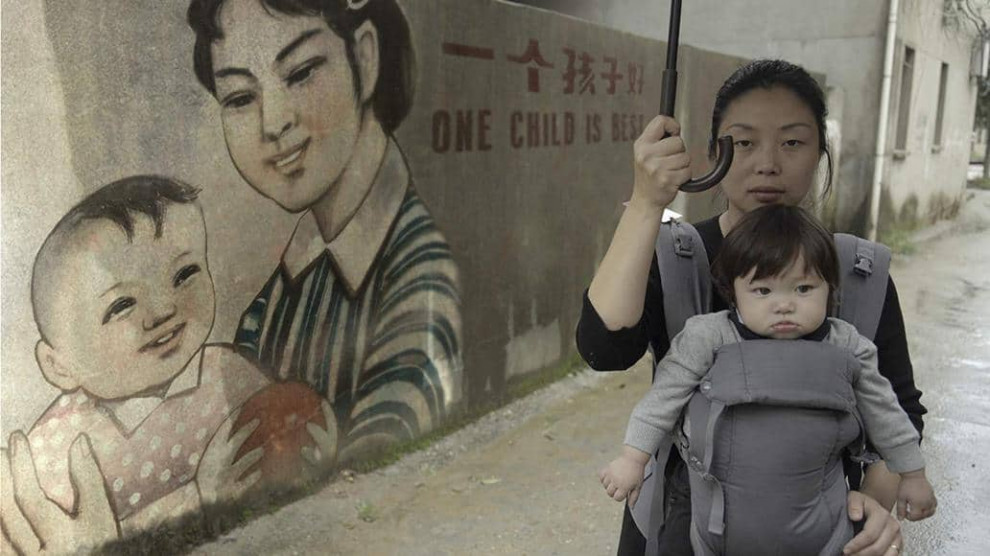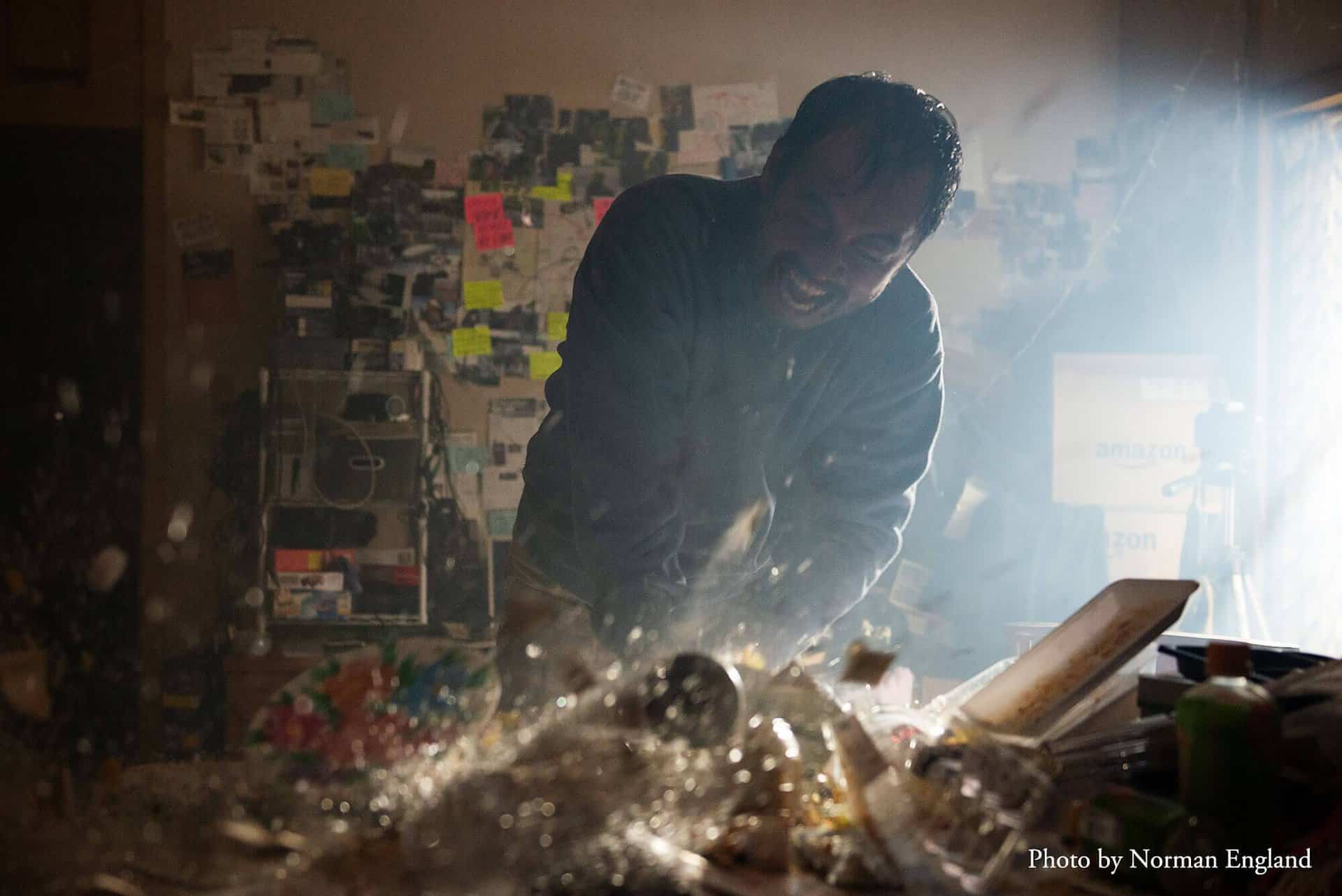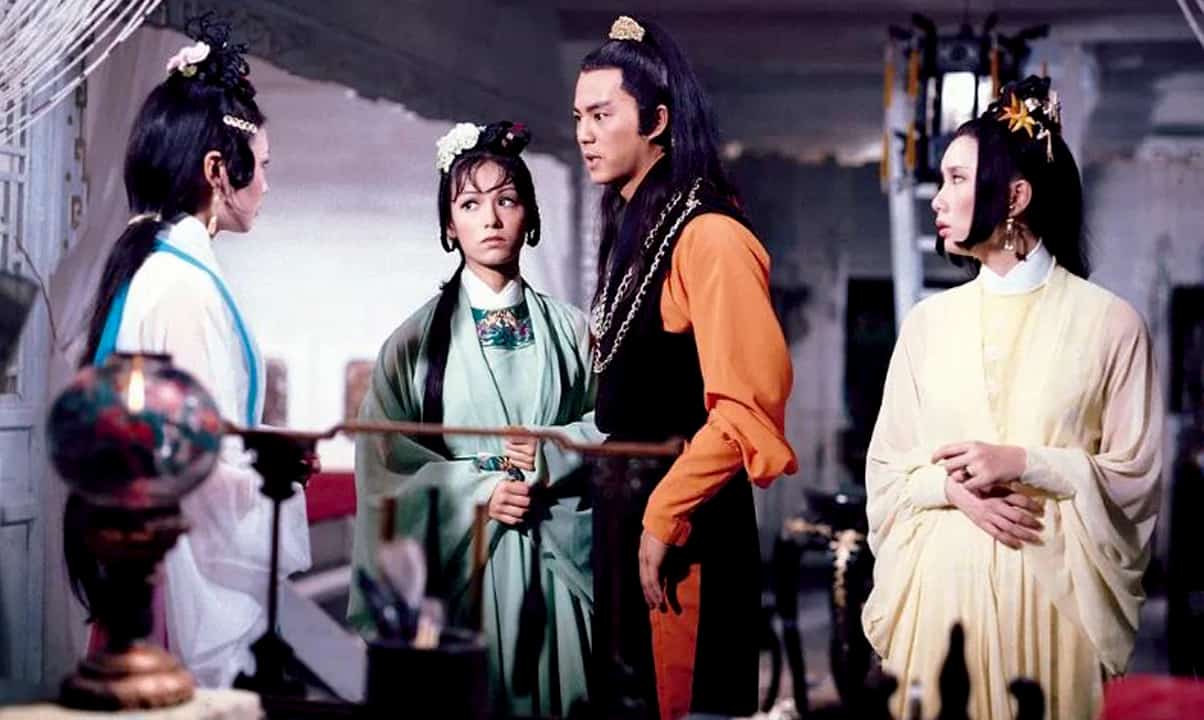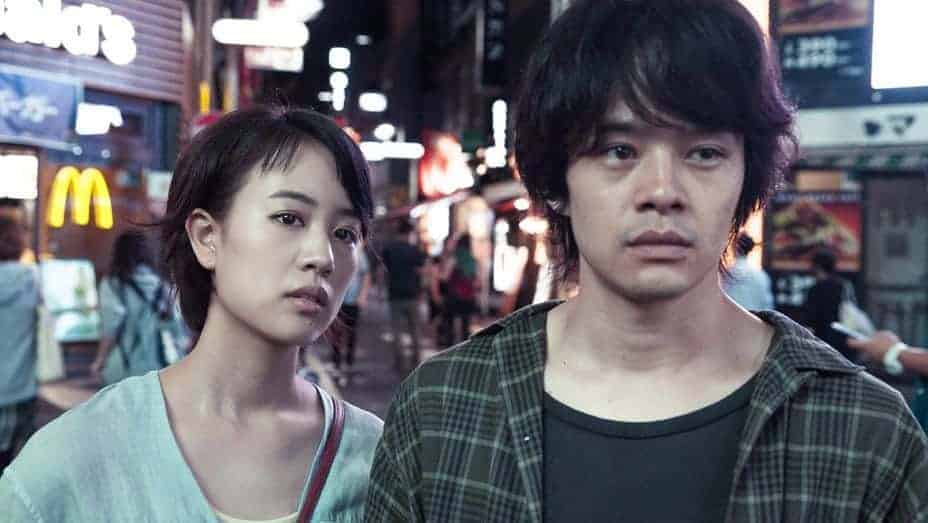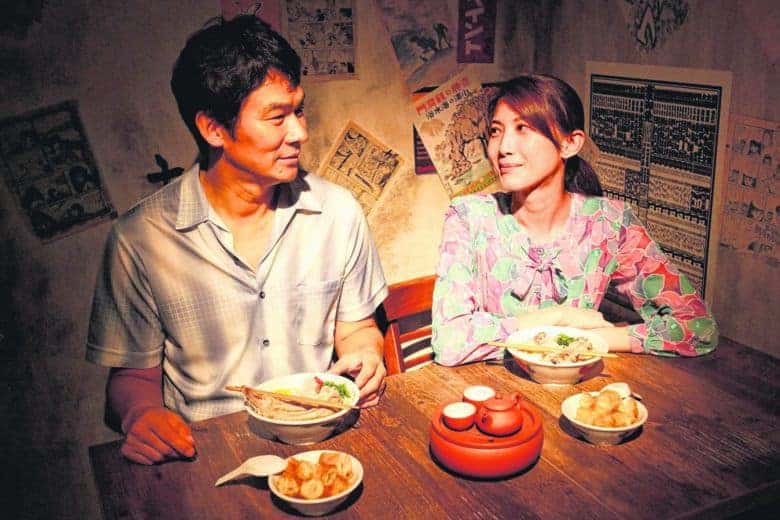In one of the most extreme (population control) measures of all time, the One Child Policy carried on from 1979 to 2015, in essence forcing Chinese families to have only one child. Nanfu Wang and Jialing Zhang, both born during the years the policy was implemented, present its horrifying, multi-leveled consequences, in one of the most important (and most shocking) documentaries of the year, that won the top documentary prize in Sundance.
“One Child Nation” is screening at Sheffield Doc/Fest

Wang, now a first-time mother, returns to the place she was born to talk to citizens and ex-officials about the implementation of the policy, and uncovers a truly terrifying situation, involving forced abortions or even killings, since the midwives who were tasked with the abortions occasionally had to help the mothers give birth before they killed the fetus. The shock and trauma of this policy has carried on through the years, as the documentary reveals through interviews with members of both sides. Furthermore, the two directors also examine the propaganda involved , and the way art was used to present the benefits of the policy, but in essence how both brainwashed the officials to think that what they were doing was just something good for the nation.
As the film progresses, it starts dealing with another issue, that of baby trafficking, since a lot of mothers gave birth in secret, and particularly in the case of girls (who are still somewhat considered second-rate citizens), preferred to give them to the traffickers instead of having them killed or taken away. This aspect reveals another hard truth, since the traffickers sold them to orphanages, who then sold them to families abroad, mostly in the US, with the documentarians even interviewing people who adopted those children, and the children (who are now adults for the most part) themselves.
Their no-punches-pulled approach reveals a chilling chain of events as thoroughly as possible, with a sincerity that almost borders on the grotesque, as for example in an artist's photos of fetuses thrown in the garbage. The interviews of the people who implemented the policy are also shocking, both the ones who seem truly regretful and the ones who just perceive their actions as “following orders”. Nanfu Wang's personal experiences in the matter add another heartbreaking level to the narrative, although the objectiveness of the material is not affected by any kind of sentimentalism.
The presentation of the various themes is quite good, with the succession of interviews and actual footage keeping the interest from wavering the whole time, while highlighting the excellent work done in the editing. The only fault I found in the film is that is broadens its approach a bit too much when it starts dealing with the Americans who adopted the trafficking babies, since this part could very well be another documentary. This however, does not have a significant impact to the overall impression the film leaves.
“One Child Nation” fulfills the quintessential purpose of the documentary, to examine and inform thoroughly and objectively, and that is exactly what Nanfu Wang and Jialing Zhang have accomplished, regarding one of the darkest “concepts” of contemporary world history.


